
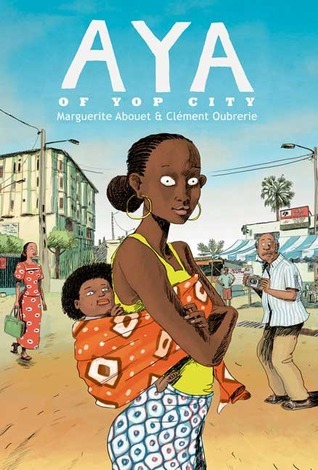
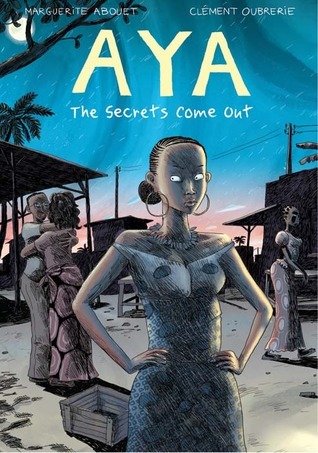
Books in series

Aya
2005

Aya of Yop City
2006

The Secrets Come Out
2007
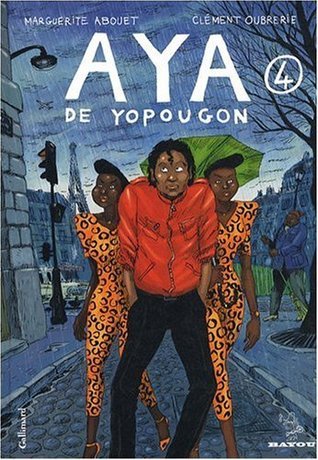
Aya de Yopougon, Tome 4
2008
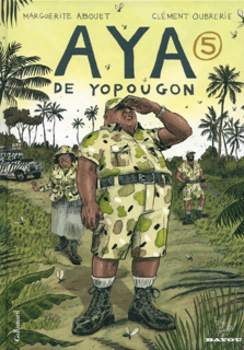
Aya de Yopougon, Tome 5
2009
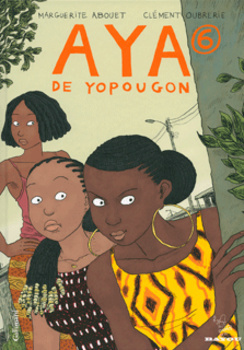
Aya de Yopougon, Tome 6
2010

Aya de Yopougon, Tome 7
2022
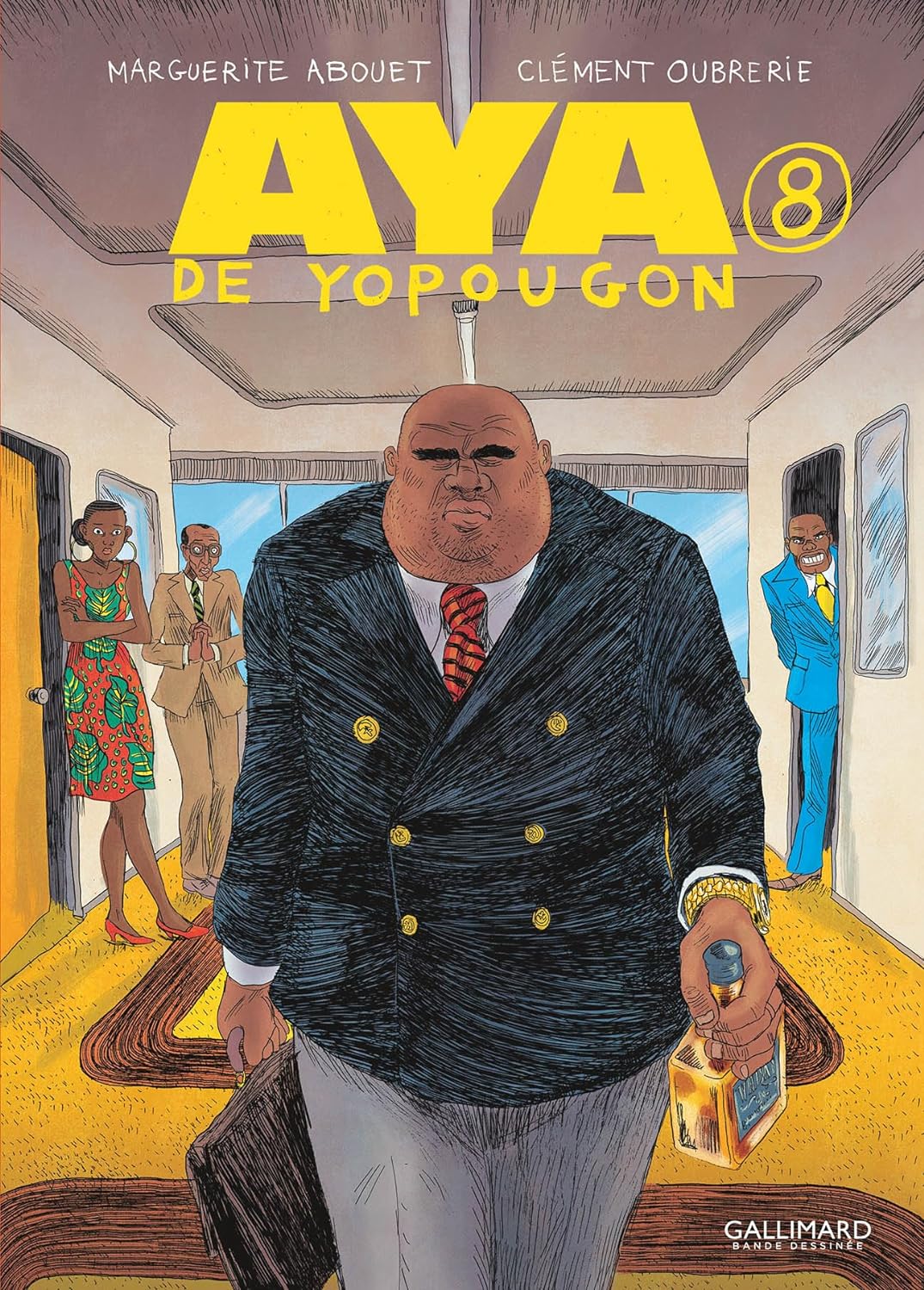
Aya de Yopougon, Tome 8
2023

Aya
Life in Yop City
2005
Authors
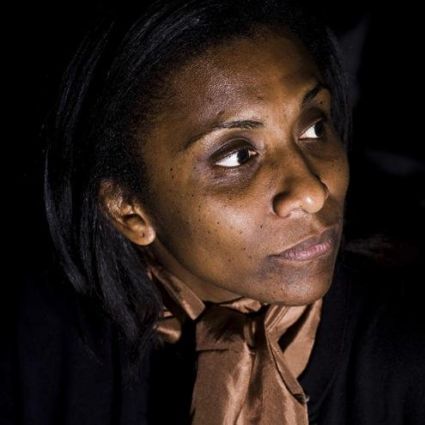

Clément Oubrerie est un dessinateur français né à Paris en 1966. Il suit des études d'arts graphiques à l'ESAG, puis passe deux ans aux États-Unis où il publie ses premiers livres pour enfants. De retour en France, il publie ensuite une quarantaine d'albums illustrés et obtient notamment le prix du livre de presse de Montreuil en 2003 pour Les Mille Mots de l'info (Gallimard) avec Elisabeth Combres et Florence Thinard. Il vient à la bande dessinée en 2005 avec Aya de Yopougon (Gallimard), écrit par Marguerite Abouet, prix du premier album au festival d'Angoulême 2006. La série connaît un succès phénoménal, les six tomes sont traduits dans quinze langues. Il adapte également Zazie dans le métro, de Raymond Queneau En parallèle, il se tourne vers le dessin animé. En 2007 il signe la série Moot-moot avec Éric et Ramzy, meilleure série d'animation au festival d'Annecy 2008, puis crée un studio d'animation avec Joann Sfar et Antoine Delesvaux. Ce studio est à l'origine à ce jour de deux long-métrages : Le chat du rabbin (2011) et Aya de Yopougon (sortie en 2013). Pour Dargaud, en janvier 2011, il a commencé une nouvelle série de quatre tomes intitulée Pablo, avec Julie Birmant au scenario. En Octobre 2012, sortie de Jeangot, avec Joann Sfar, chez Gallimard.